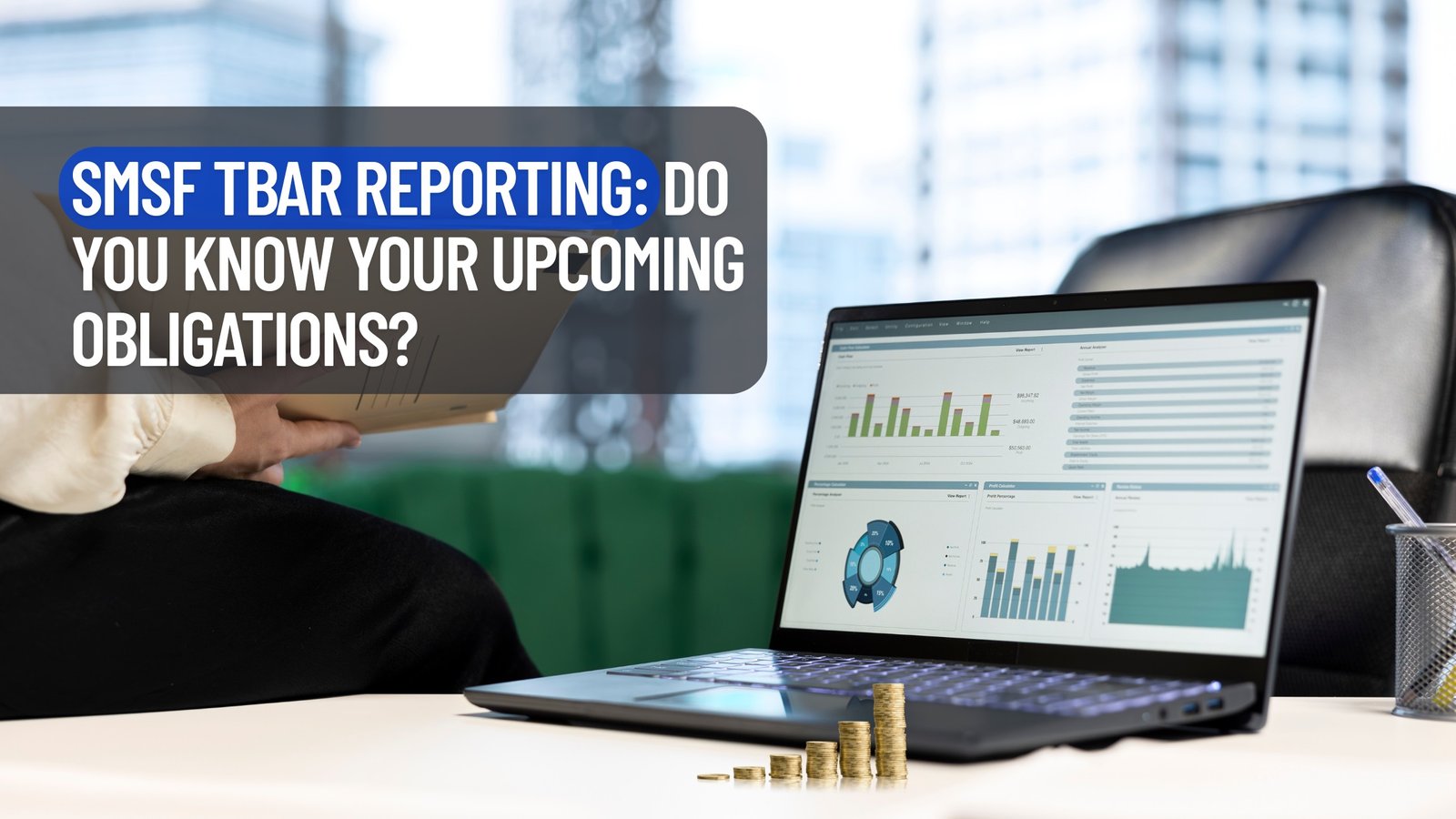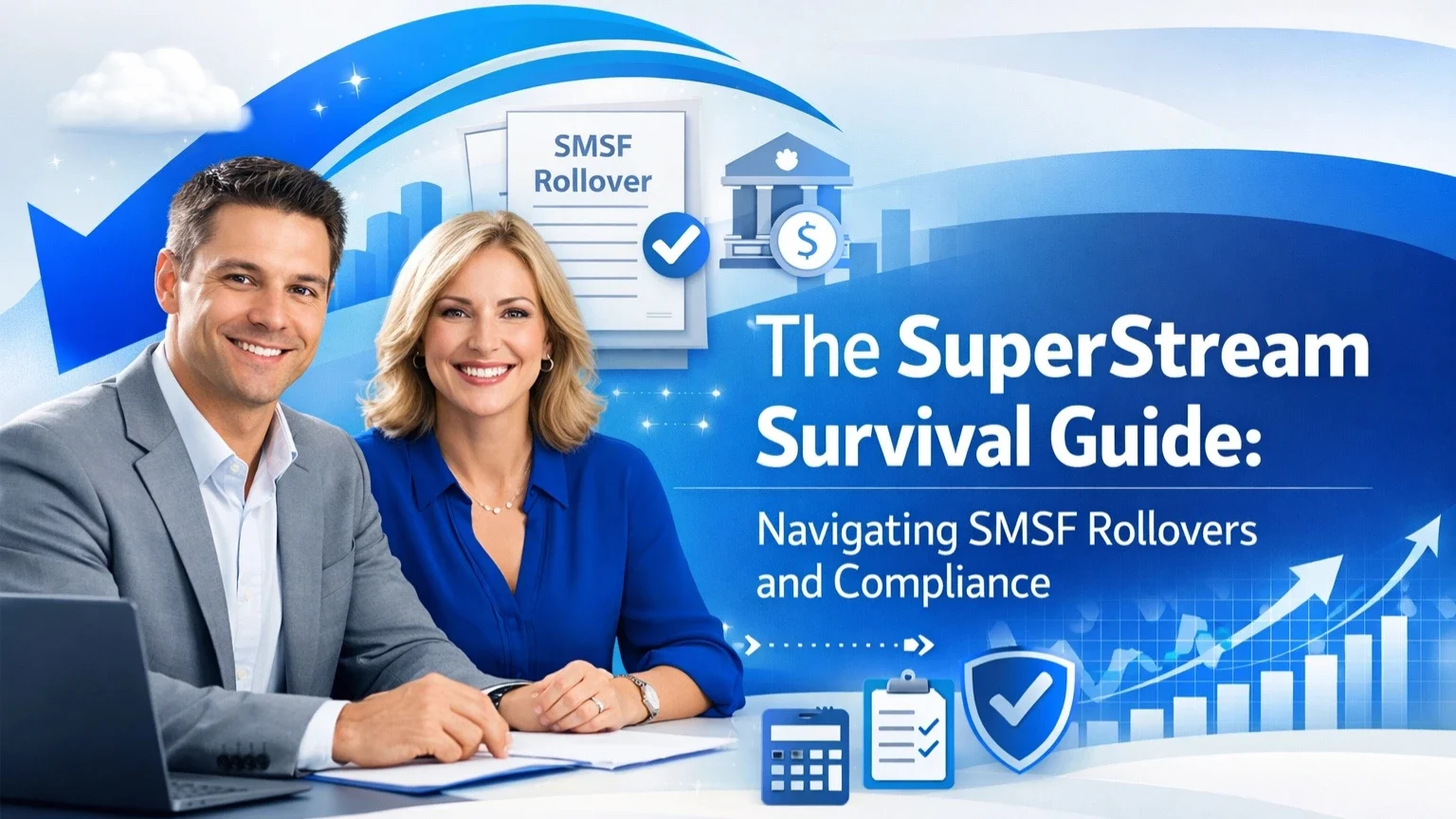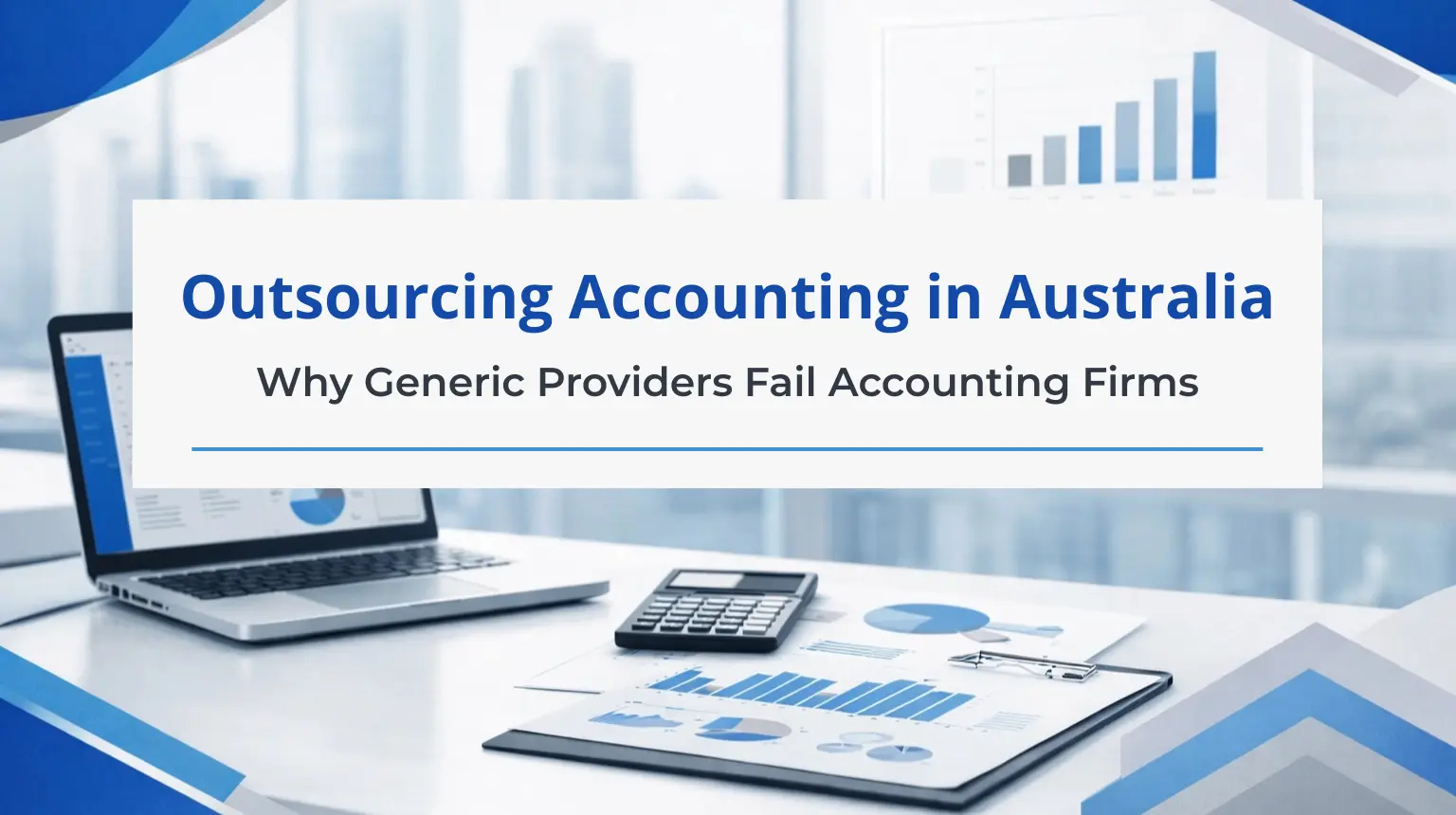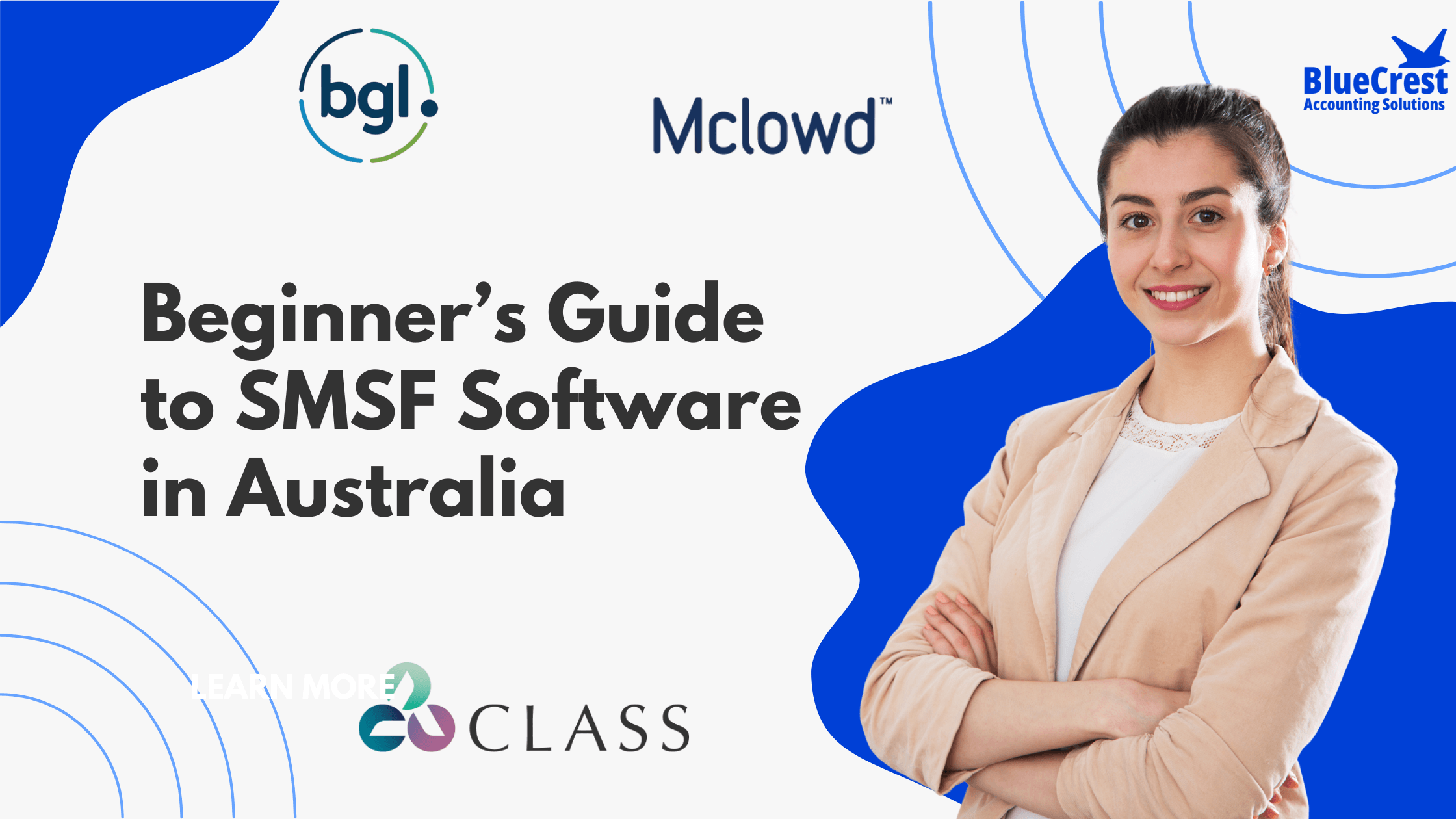Managing a self-managed super fund can be tricky, but keeping up with compliance is key to avoiding penalties and running things smoothly. TBAR reporting helps the Australian Taxation Office track changes in members’ super balances that affect their retirement limits. Knowing what to report and when is important to keep your fund safe and compliant. Whether you handle the fund alone or with experts, understanding these rules helps you stay stress-free and supports your retirement planning.
What is TBAR Reporting?
TBAR reporting is a simple report self-managed super funds send to the Australian Taxation Office to show changes in a member’s retirement balance. It helps track how much super is in the tax-free retirement phase, ensuring members stay within their limits. By doing this reporting correctly, you avoid issues like penalties or wrong balance records. It also helps plan better for future pension needs.
This report gives a clear view of each member’s super position, making compliance and planning easier. When trustees understand TBAR, they can follow rules without stress. Adding TBAR to regular fund tasks becomes a smart way to manage super funds. It keeps everything organized and protects the fund’s future.
Key Events That Trigger TBAR Reporting
- Starting a new retirement income stream requires TBAR reporting services to update the member’s balance, ensuring accurate tracking and compliance with Australian Taxation Office rules for super fund limits.
- Changing or stopping income streams, like partial or full commutations, needs reporting to show balance updates, keeping the authorities informed about the fund’s retirement phase accurately.
- Paying death benefits to beneficiaries triggers reporting since it affects their super balance, helping regulators monitor inherited funds and ensure they meet tax-free limit rules.
- Payments from special borrowing arrangements that boost retirement streams must be reported to show correct balance changes, avoiding errors in calculations and keeping fund records clear.
- Adjusting pensions, like adding or changing beneficiaries, requires TBAR submission to track entitlement changes, supporting accurate cap monitoring and meeting legal super fund requirements.
Understanding Reporting Deadlines
Knowing when to submit TBAR reports for self-managed super funds is important to stay compliant and avoid problems with the Australian Taxation Office. Reports are usually sent every three months, soon after a quarter ends when something reportable happens, giving a clear schedule to follow. This routine helps trustees keep track of fund changes without falling behind. Planning ahead makes this task feel less heavy and fits into regular fund work.
When the authorities send special notices, like for commutations, the reporting time is shorter to fix things quickly and keep balances accurate. Sending reports early, especially for tricky cases like closing funds, helps manage limits better. Following these deadlines keeps your fund on track and gives clearer insights for future planning. It turns a tough task into an easy part of fund management.
Common Challenges in TBAR Compliance
- Missing small events like certain loans can lead to incomplete TBAR reports in outsourced SMSF services, causing extra work to fix issues with regulators and maintain fund compliance.
- Matching documents with fund records and auditor needs is tough, as errors can lead to reviews, making compliance harder and adding stress for those managing super funds.
- Getting income stream values right, especially with estimates, often causes mistakes in reports, leading to balance issues and extra effort to correct them later.
Benefits of Professional Assistance for TBAR
- Experts simplify TBAR reporting by handling complex tasks, letting accounting firms focus on advising clients while ensuring reports are correct and sent on time without extra stress.
- Professionals know Australian super rules well, tailoring work to fit your software and needs, keeping data safe and reports accurate for smooth fund management.
- This support lets firms scale up during busy times without hiring extra staff, saving money and improving how they work with clients on super tasks.
- With expert help, firms get error-free reports through careful checks, lowering compliance risks and giving more time for planning and growing their services.
- Working with specialists feels like having an extra team member, making super fund management easier, more reliable, and fully compliant with regulations.
How to Prepare for Your Next TBAR Submission?
- Check recent fund activities to find reportable events like new income streams, collecting all needed papers to make sure your TBAR report is accurate and ready to send.
- Work with accounting experts to spot problems early, improving your reporting plan to meet rules and make the submission process smoother and more reliable.
- Use trusted software to gather and check data easily, reducing mistakes and making it simpler to create accurate TBAR reports for submission.
- Do regular checks to ensure everything is correct before sending, catching errors early to avoid delays or fixes that could slow down the process.
- Make TBAR preparation a regular part of fund work, turning it into an easy task that keeps your super fund compliant and organized.
Conclusion
TBAR reporting keeps self-managed super funds compliant by tracking balance changes accurately and on time. Expert help makes this easier for accounting firms. For reliable SMSF solutions that fit your team perfectly, contact BlueCrest Accounting Solutions today to simplify compliance and boost your fund’s success effortlessly.







